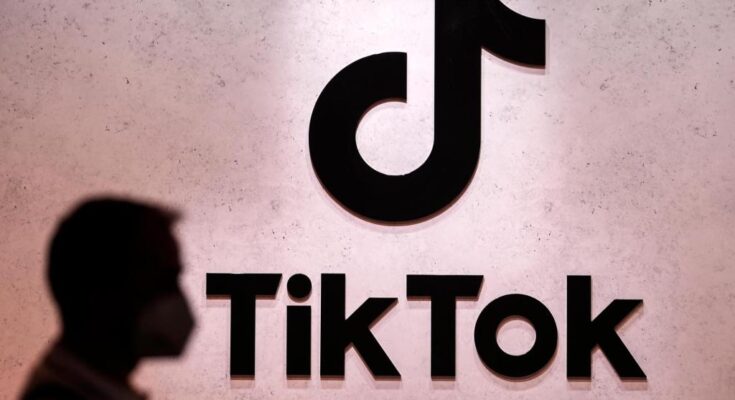New Hampshire’s claims against TikTok’s negative influence on teen minds through “addictive” algorithms will stay despite the social media giant’s efforts to have them dismissed.
New Hampshire Superior Court Presiding Justice John C. Kissinger, Jr. this week ordered that all but one of the state’s nine claims were allowed.
“The Court’s decision is an important step toward holding TikTok accountable for unlawful practices that put children at risk,” New Hampshire Attorney General Formella said.
The claims have a general theme of manipulating users — and particularly children — by employing “addictive design features” to keep the users on the platform.
Brandon Chase, a senior assistant AG and co-lead on the lawsuit, told the Herald this is, like the state’s similar lawsuit against Meta — parent to Facebook and Instagram — a “landmark case” for the state and that “the court’s orders show that we can take meaningful action to protect our kids from what we claim are very addictive features.”
TikTok Inc., or TTI, is a subsidiary of the Chinese company ByteDance but has taken significant steps to distance itself as that ownership has made the giant social media platform a target at both the state and federal levels due to suspicions of sharing data with the Chinese government.
The only claim that Justice Kissinger dismissed was a claim that TikTok had misled users as to its geographic origin, an argument he did not find the state proved.
Chase said the dismissed claim “doesn’t weaken our case at all,” because the “primary focus in this case is the addictive design features and the harm they cause children.” The other half of the claims target alleged misrepresentations to parents and children about app safety and data usage.
The platform has been adopted by 95% of the nation’s teens younger than 17 years old, according to the state’s lawsuit. It’s a similar story in New Hampshire, which boasts more than 1.2 million registered accounts — nearly 90% of the state’s population — with a quarter of those users under the age of 23 and 92,000 of them children between 13 and 17 years.
The suit claims that 30% of active teen users of the platform describe their usage as “excessive” — with 37% of New Hampshire high school students surveyed in 2021 reporting they spend more than five hours a day on TikTok.
That number has only continued to grow, as the state claims that TikTok usage boomed from 417,105 to 1.2 million between Aug. 1, 2020, and Dec. 31, 2023, when the company spent more than a million dollars on advertising there.
The state says that the company also takes in healthy profits from keeping people hooked, with the company pocketing nearly $1.7 million in TikTok shop sales between March 2022 and October 2023.
“The compulsive and prolonged use of TikTok increases the chances of experiencing poor mental health outcomes, including symptoms of depression and anxiety and experiencing lower life satisfaction,” according to a summary included in Kissinger’s order.

Courtesy
New Hampshire Attorney General John Formella (Courtesy / NH Department of Justice)



